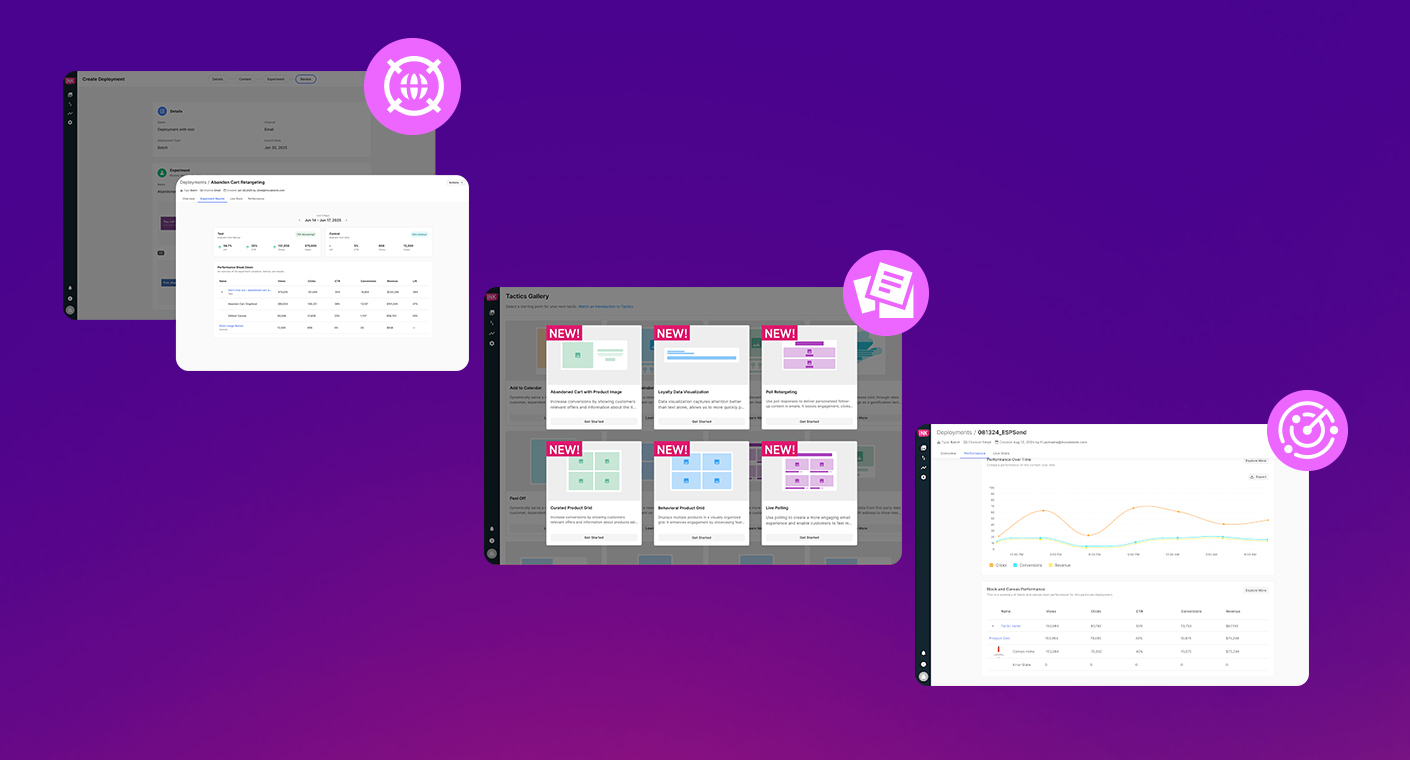Blog
Check out what the world's marketing mavens are reading to bring their personalization strategies to life.

There's nothing here... Try looking for something else.
Think Summit New York, On Your Time
Relive the best moments from our biggest event of the year—now available on demand.
Check out what the world's marketing mavens are reading to bring their personalization strategies to life.

There's nothing here... Try looking for something else.

.png)